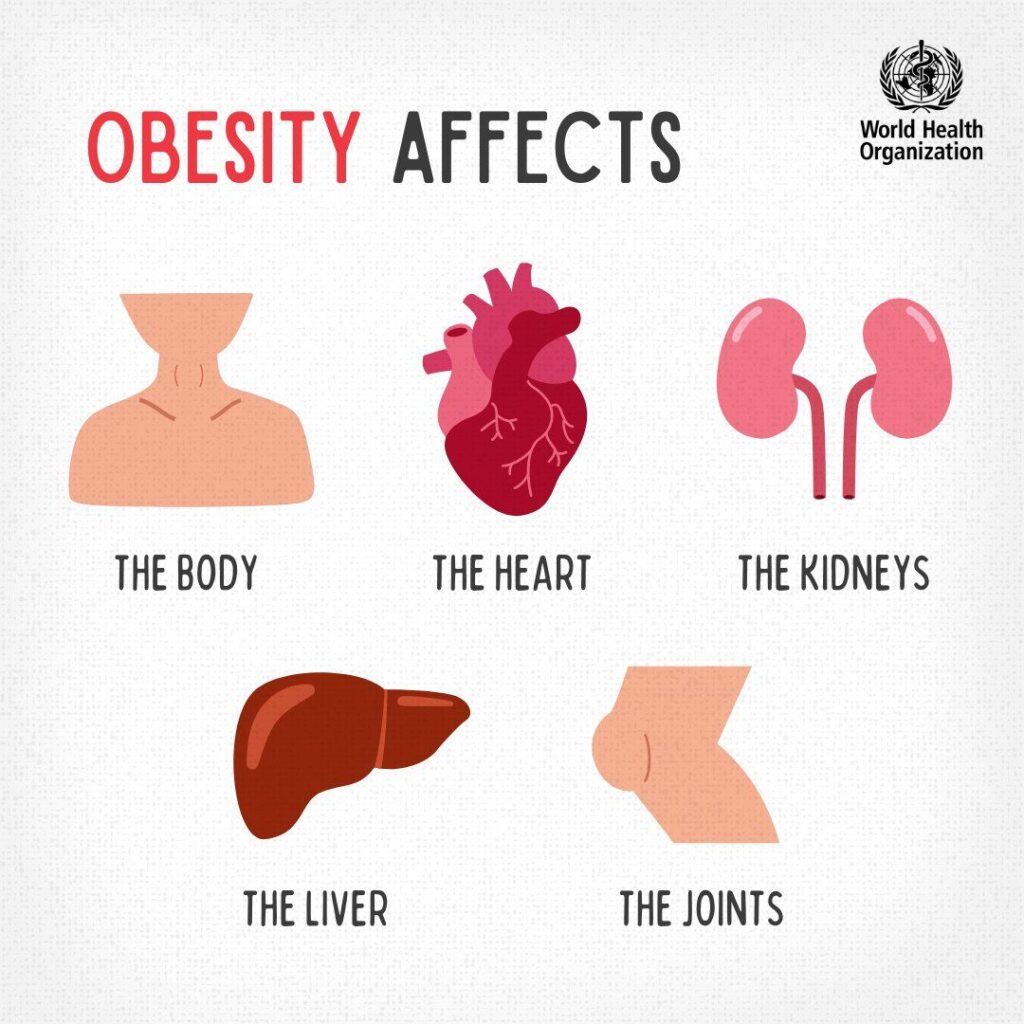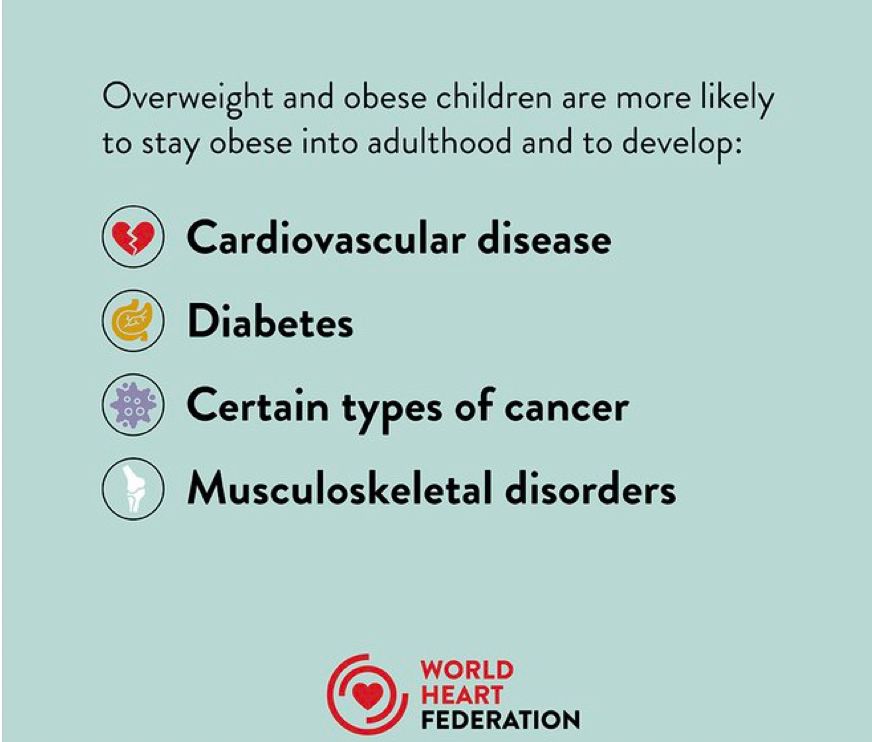05/03/2024
05/03/2024

Kuwait City, Mar 05: In a recent interview with Dr. Rajesh Rajan, we delved into the impact of obesity on cardiovascular health. Dr. Rajan, senior cardiologist and an esteemed figure overseeing various clinical research registries focused on heart failure, has played a pivotal role in this field.

Introduction:
Obesity has become a pressing public health challenge that affects countries worldwide. Over the past three decades, obesity rates have steadily increased, surpassing underweight rates in almost every region. By 2025, it is estimated that 1 billion adults, or 12% of the global population, will be living with obesity. Furthermore, projections indicate that by 2030, 1 in 5 women and 1 in 7 men globally will be affected by this condition.

The Global Obesity Crisis:
While obesity was once predominantly seen as a problem in high-income countries, it has now become a growing concern in low- and middle-income countries. These regions are ill-equipped to effectively manage and treat obesity and its consequences. Alarmingly, the number of individuals with obesity is predicted to double by 2030. The rise of obesity is particularly pronounced in Low and Middle Income Countries (LMICs) and Small Island Developing States (SIDS), adding pressure to countries already dealing with malnutrition.
Regional Disparities:
The highest rates of obesity are currently found in the WHO Americas region for both men and women. However, Africa is expected to experience a threefold increase in obesity rates by 2030, surpassing the Americas. Similarly, Asia and Africa are home to nearly three-quarters of all overweight children globally. In Africa, the number of overweight children under 5 has risen by almost 24% since 2000, with Asia accounting for a significant portion of overweight children as well.

The Link Between Obesity and Cardiovascular Diseases:
Obesity and cardiovascular diseases are interlinked health concerns that have seen a simultaneous increase in prevalence worldwide. Scientific research has established that the rise in obesity rates significantly contributes to the burden of cardiovascular diseases. Understanding the connection between excess weight and cardiovascular diseases is crucial for promoting a healthier lifestyle and mitigating the impact of these conditions.
Cardiovascular Diseases: A Leading Cause of Death:
Cardiovascular diseases, including heart disease, stroke, and high blood pressure, are the leading causes of death globally. Numerous studies have demonstrated that overweight and obesity substantially increase the risk of developing these conditions. Excess weight places additional strain on the heart and blood vessels, leading to various cardiovascular problems.
The Role of Atherosclerosis:
One of the primary mechanisms through which excess weight contributes to cardiovascular diseases is the development of atherosclerosis. Atherosclerosis occurs when fatty deposits, known as plaques, build up in the arteries, narrowing them and impeding blood flow. This process can lead to the formation of blood clots, which can block blood flow to the heart or brain, resulting in heart attacks or strokes.

Other Risk Factors:
Overweight and obesity are often accompanied by other risk factors for cardiovascular diseases, such as high cholesterol levels, high blood pressure, and insulin resistance. These factors further increase the risk and severity of cardiovascular problems. Additionally, excess weight can contribute to the development of metabolic syndrome, a cluster of conditions that heighten the risk of heart disease, stroke, and diabetes.
The Impact on Children and Adolescents:
It is essential to recognize that the impact of overweight and obesity on cardiovascular health extends beyond adults. Children and adolescents who are overweight or obese are also at a higher risk of developing cardiovascular diseases later in life. This underscores the importance of addressing weight-related issues early on and promoting healthy habits from a young age.
Promoting a Healthier Lifestyle:
While the global obesity crisis poses a significant challenge, there are avenues for change. By adopting a healthier lifestyle and managing weight, individuals can significantly reduce their risk of developing cardiovascular diseases. Regular physical activity strengthens the heart muscle, improves blood circulation, and helps maintain a healthy weight. A combination of aerobic exercises, such as brisk walking or cycling, and strength training can provide numerous cardiovascular benefits.
The Role of Diet:
Adopting a balanced diet rich in fruits, vegetables, whole grains, and lean proteins, while limiting the consumption of saturated and trans fats, can help reduce the risk of cardiovascular diseases. Seeking guidance from healthcare professionals or registered dieticians to create a personalized diet plan is essential in achieving optimal results.
Medical Interventions:
In some cases, medical intervention may be necessary to manage weight and reduce the risk of cardiovascular diseases. Weight loss medications or, in severe cases, bariatric surgery may be recommended by healthcare professionals. However, it is crucial to undergo these interventions under the guidance and supervision of medical experts.
Conclusion:
The undeniable link between excess weight and cardiovascular diseases highlights the urgency of addressing the global obesity crisis. Excess weight increases the risk of conditions such as heart disease, stroke, and high blood pressure. Understanding this connection is vital for promoting a healthier lifestyle and reducing the burden of cardiovascular diseases. By adopting a balanced diet, engaging in regular physical activity, and managing weight, individuals can significantly improve their cardiovascular health and reduce the risk of these life-threatening conditions.
Dr. Rajan is a renowned Indian cardiologist at Al Amiri Hospital Kuwait and Chairman of the Indian Association of Clinical Cardiologists. Dr. Rajan also holds prestigious positions as the current President of the Association of MD Physicians and the Managing Editor of the esteemed Annals of Clinical Cardiology Journal by Wolters Kluwer. His contributions to the medical community are highly regarded, with notable achievements that include the invention of the RHF Risk Score calculator for heart failure patients and the development of Rajan's and Kotevski's modified Lipton's classification. Beyond his groundbreaking research, Dr. Rajan has garnered recognition through various Fellowships from esteemed institutions such as the Royal College of London, Edinburgh, Ireland, and Glasgow. Moreover, he has been honored as a Fellow of the American College of Cardiology, the European Society of Cardiology, and the American Heart Association, further highlighting his expertise and commitment to cardiovascular health.


